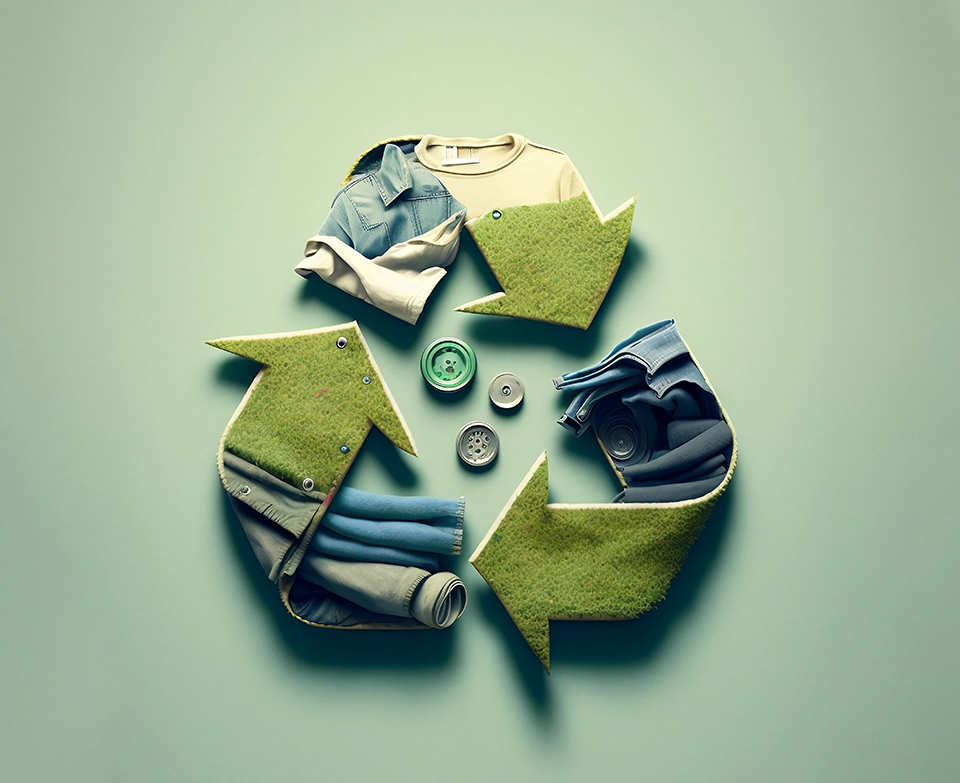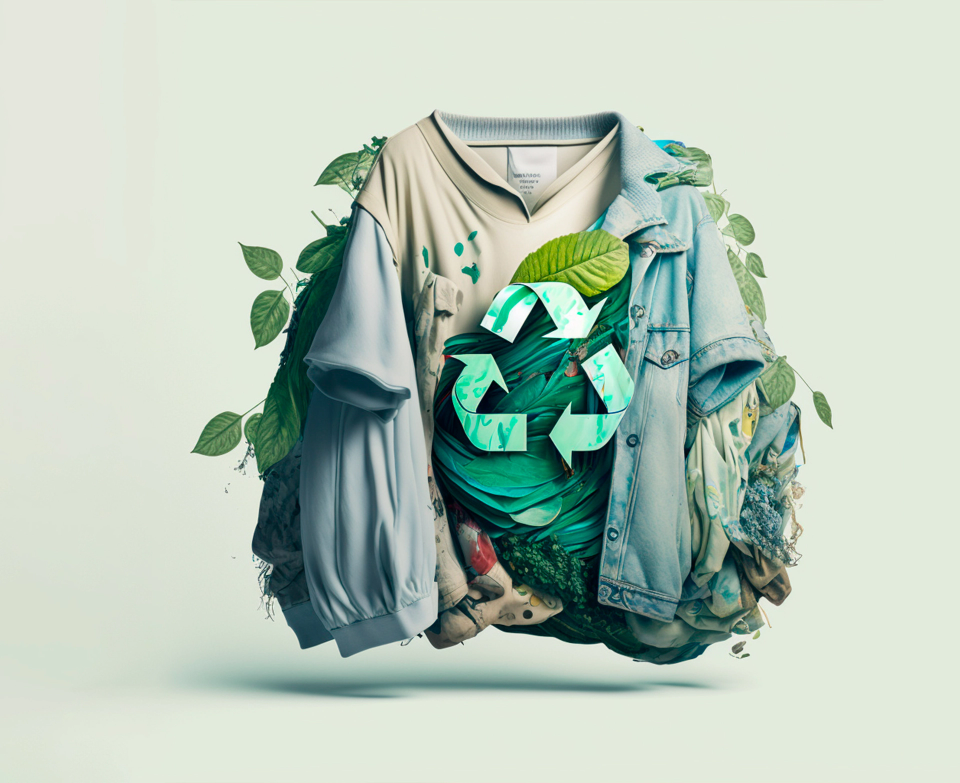HISTORY OF THE ASSOCIATION
The Association for Textile Recycling (ATR) is a non-profit legal entity under the Non-Profit Legal Entities Act (NGOA), operating for private benefit, which is not limited by term or other termination condition.
ART is based in Blagoevgrad. It is registered in the register of non-profit legal entities at the Registry Agency on 15.05.2019.
On 5 July 2023, the European Commission published its proposal to revise the Waste Framework Directive (WFD), which introduces regulations on textile waste. Among the EC proposals are introduction of mandatory extended producer responsibility (EPR) schemes for textiles in all Member States, where fees will be eco-modulated based on the textile environmental performance. The proposal is part of a broader package of measures for the sustainable use of key resources and also stems from the European Green Pact and the Circular Economy Action Plan, which call for enhanced and accelerated action by the EU and Member States to ensure the environmental sustainability of the textile sector.
The development of markets and separate waste collection systems, including for textiles, need support and assistance, and the Association for Textile Recycling was set up for this very purpose – to actively participate in this process.
The Association for Textile Recycling (ATR) is a non-profit legal entity under the Non-Profit Legal Entities Act (NGOA), operating for private benefit, which is not limited by term or other termination condition.
ART is based in Blagoevgrad. It is registered in the register of non-profit legal entities at the Registry Agency on 15.05.2019.
On 5 July 2023, the European Commission published its proposal to revise the Waste Framework Directive (WFD), which introduces regulations on textile waste. Among the EC proposals are introduction of mandatory extended producer responsibility (EPR) schemes for textiles in all Member States, where fees will be eco-modulated based on the textile environmental performance. The proposal is part of a broader package of measures for the sustainable use of key resources and also stems from the European Green Pact and the Circular Economy Action Plan, which call for enhanced and accelerated action by the EU and Member States to ensure the environmental sustainability of the textile sector.
The development of markets and separate waste collection systems, including for textiles, need support and assistance, and the Association for Textile Recycling was set up for this very purpose – to actively participate in this process.



